Kenya - Farmers advised on insuring crops, livestock
18.06.2018 447 views
ScaleAgData Stakeholder Engagement Event
22.10.2024The ScaleAgData project is pleased to invite you to our second stakeholder event. Building on the discussions and connections formed during our first webinar, this event will focus on fostering collaboration among stakeholders, providing updates on our project’s progress, and outlining future opportunities for engagement.
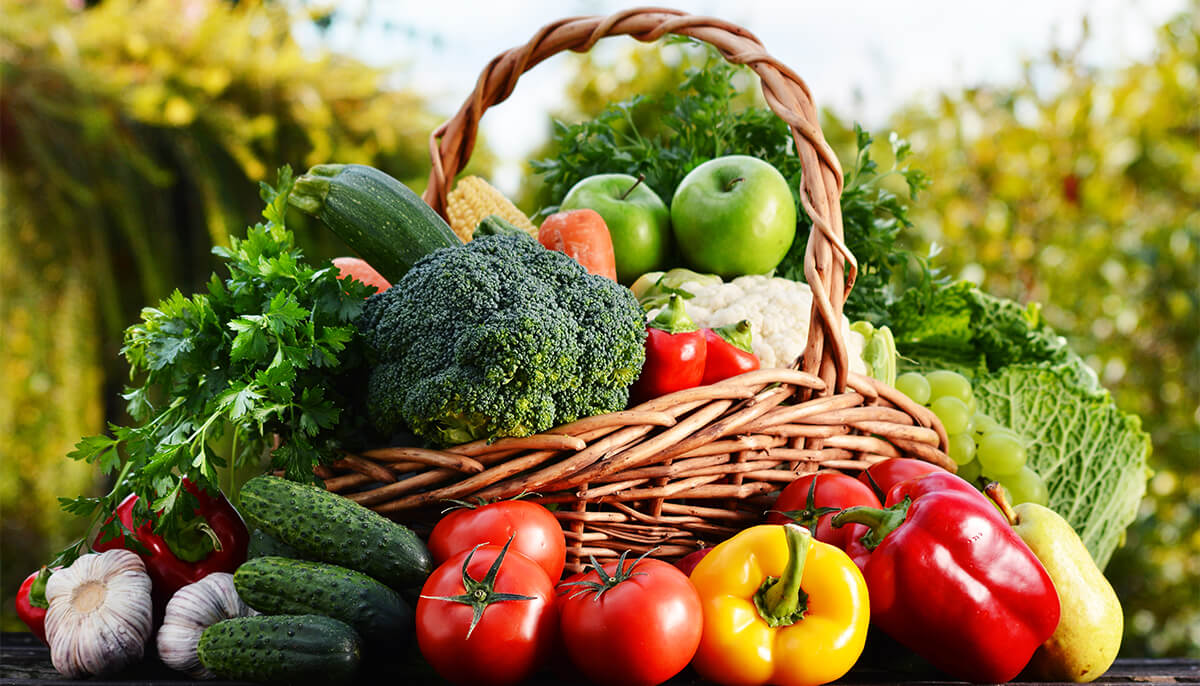
Moldova’s agriculture grew by about 14% in 2025, against the backdrop of the advancement of plant production
Last year, the agricultural production in Moldova recorded an increase of approximately 14%.
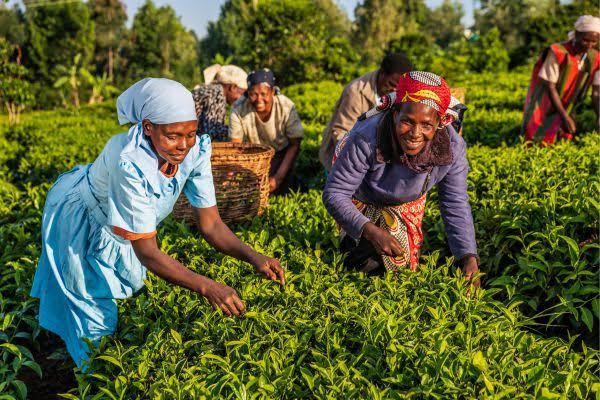
Nigeria - FG Urged to Expand NAIC Insurance Coverage for Smallholder Farmers
The Minister of State for Agriculture and Food Security, Sen. Dr. Aliyu Sabi Abdullahi, has urged the Federal Government to expand insurance coverage to more smallholder farmers across Nigeria.
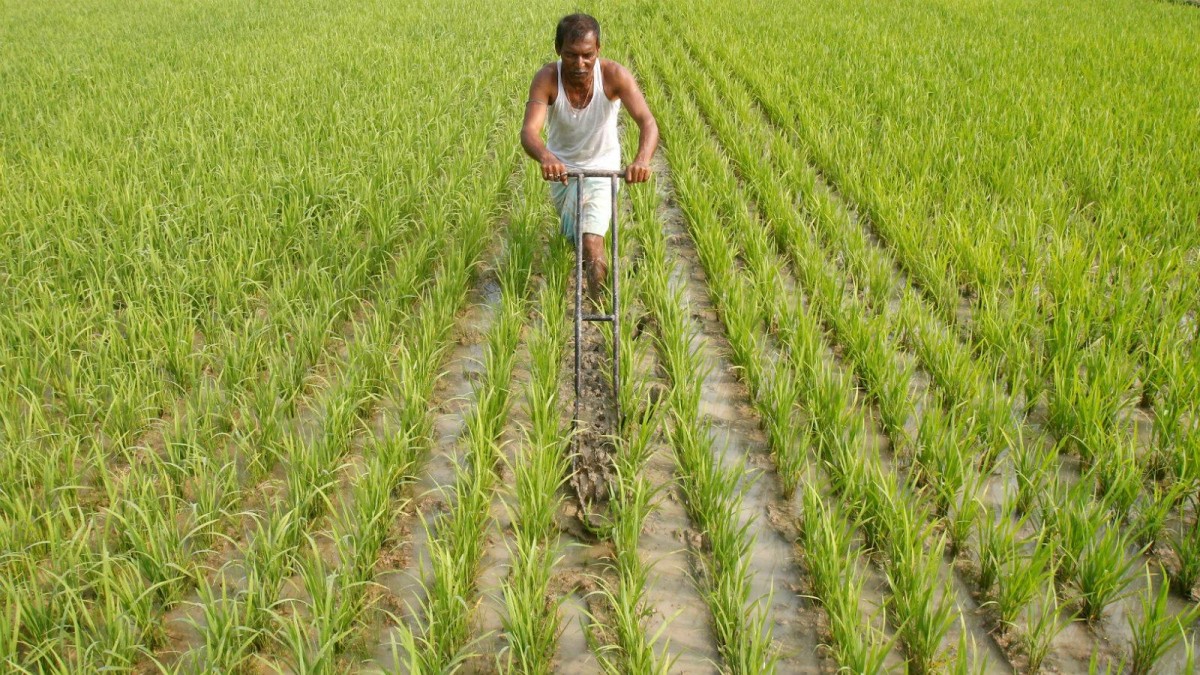
India - Agriculture Minister hands over crop insurance policies to farmers
Agriculture Minister Chander Kumar handed over crop insurance policies to farmers and outlined government initiatives aimed at strengthening the farm sector at a workshop organised at Jawali in Kangra district on Friday.
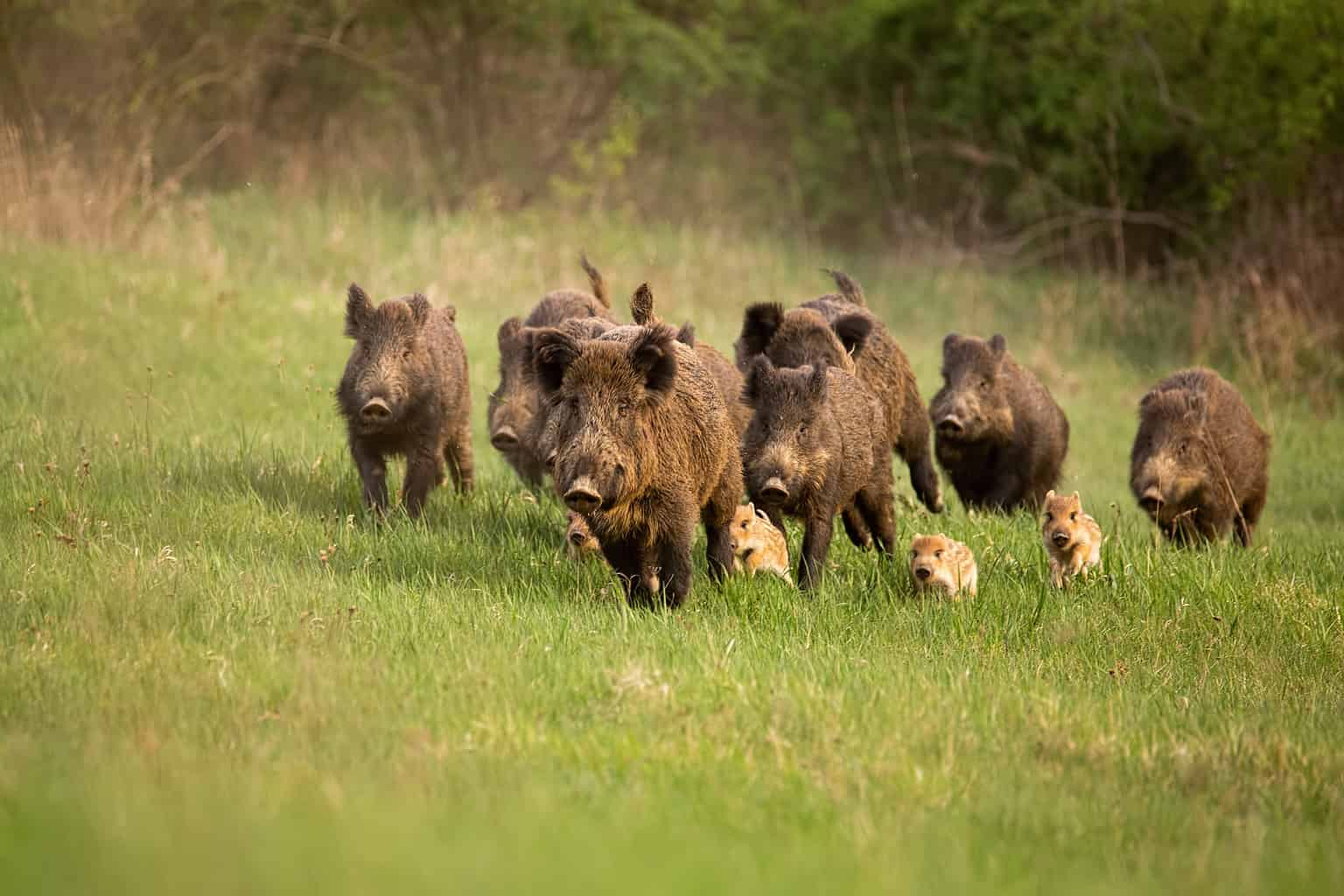
USA - Georgia Overhauls Hunting Laws to Fight $150M Feral Hog Damage
Invasive feral hogs in Georgia destroy natural habitats, damage crops, and threaten water quality. With few natural predators and high reproductive rates, feral swine are rapidly expanding their range across the U.S.
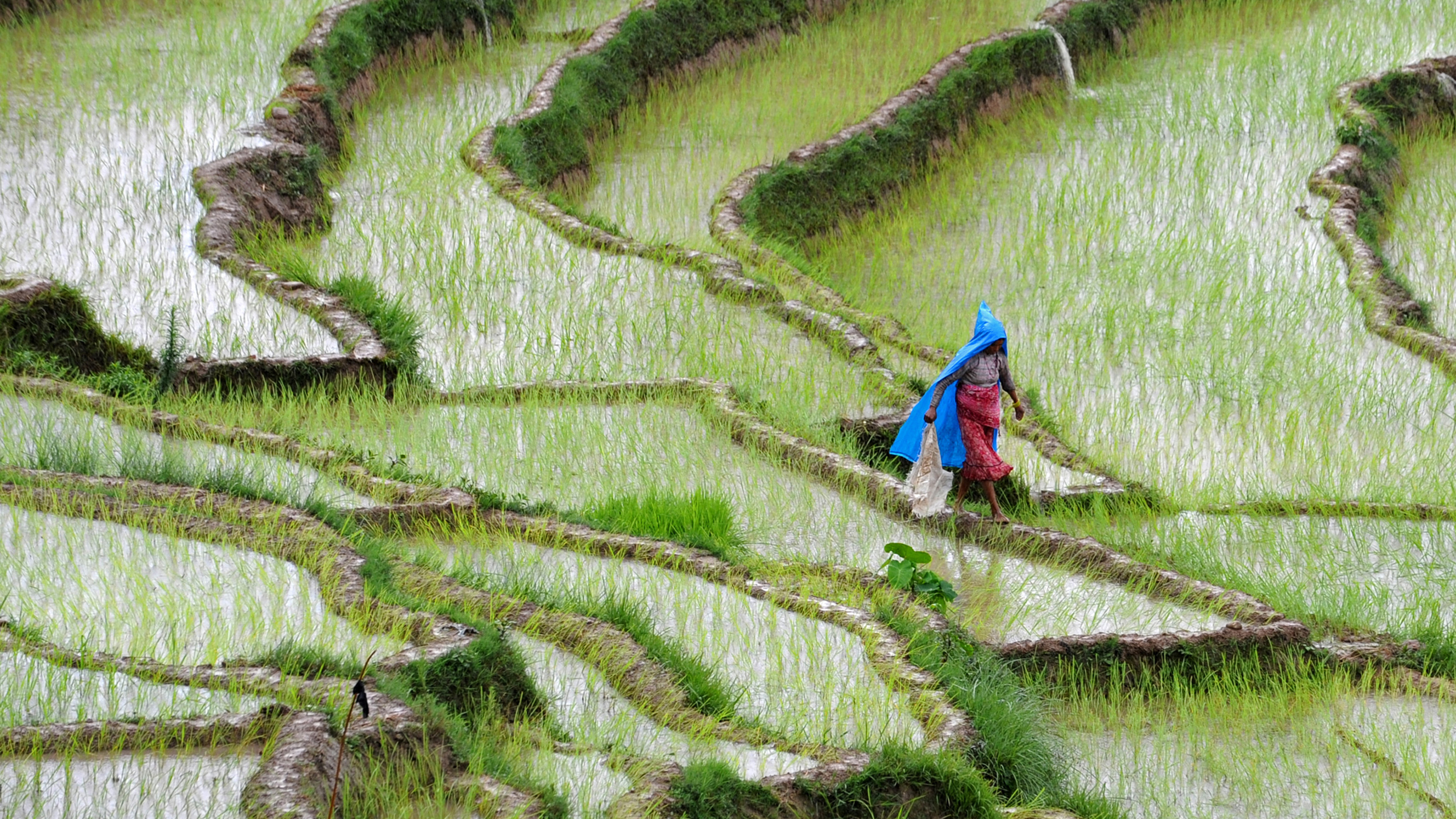
Nepal - Govt disburses Rs 6.30 billion for farm insurance subsidies in 12 years
The records with the Ministry of Agriculture and Livestock Development show that the amount was provided in premium subsidies for agriculture, crop and livestock insurance over the given time period.
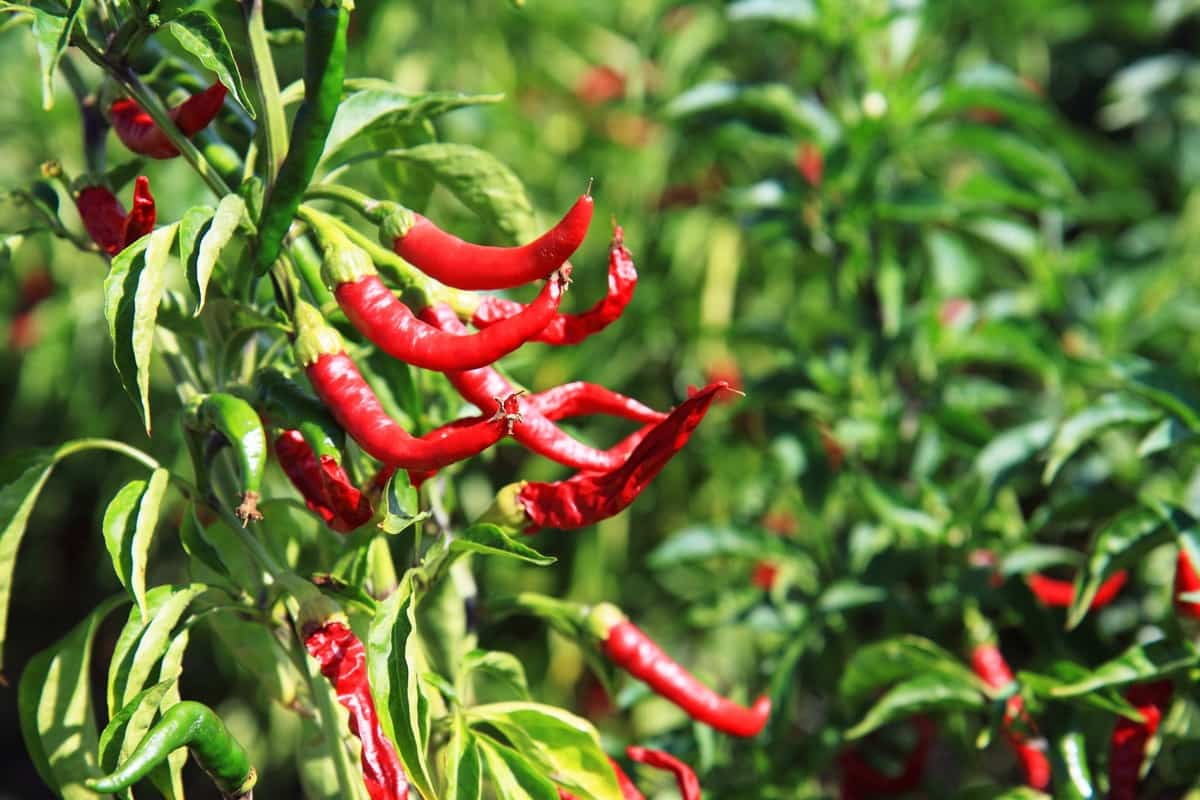
India - Chilli prices soar in TN's Ramanathapuram as crop losses hit arrivals
Farmers blame the steep price rise on poor yields caused by pest attacks, fruit rot disease and prolonged dry spells.

Grants of up to €50,000 for agricultural producers in Moldova
The Solidarity Fund PL in the Republic of Moldova has launched a call for funding for local agricultural SMEs as part of the wider Team Europe Initiative ‘Sustainable Agri-Food Systems’, financed by the European Union and the Czech Republic.

Jamaican government launches $880M REDI-II Greenhouse Project to boost climate-resilient agriculture
The Government of Jamaica has officially launched the Greenhouse Clusters and Cooperative Infrastructure Upgrade Project under the Second Rural Economic Development Initiative (REDI-II), with an investment of $880.4 million.




